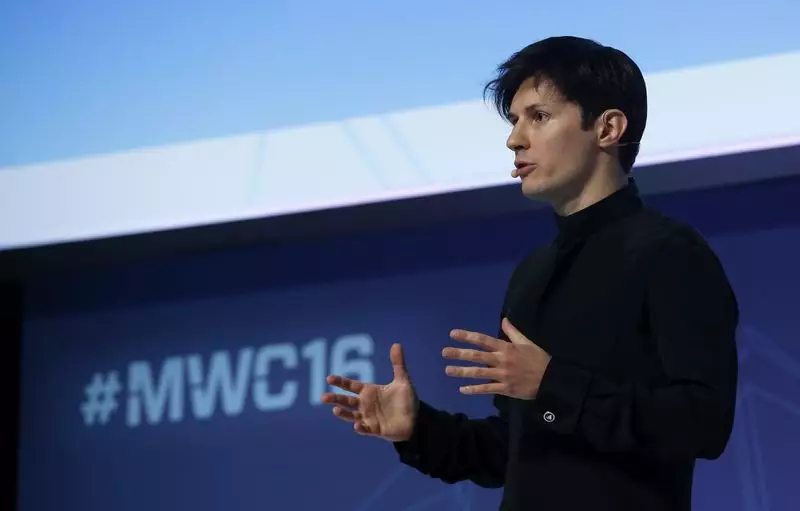On Saturday evening, Pavel Durov, the billionaire founder and CEO of the widely popular messaging app Telegram, was reportedly arrested at the Bourget airport outside Paris. This arrest, according to TF1 TV and BFM TV, stems from a preliminary police investigation in France, where Durov was targeted due to a lack of moderators on his platform. This situation allegedly allowed criminal activity to thrive unchecked on the messaging app. This event raises serious questions about the responsibility of social media platforms in regulating content and the consequences faced by their founders when they fail to do so.
The Rise of Telegram
Telegram, which is especially influential in Russia, Ukraine, and the former Soviet republics, has positioned itself as a major player in the social media landscape, competing with giants like Facebook and YouTube. With a goal of reaching one billion users in the near future, Telegram has become a vital source of communication for many, especially in war-torn regions like Ukraine. Its role in providing unfiltered content during the Russia-Ukraine conflict has been both praised and criticized, highlighting the platform’s unique position in the ongoing geopolitical tensions.
Durov, who previously clashed with the Russian government over censorship issues on his VK social media platform, has once again found himself in hot water. The arrest warrant issued in France raises concerns about the extent of a tech company’s responsibility in monitoring its content. Durov’s insistence on Telegram remaining a “neutral platform” rather than a “player in geopolitics” has been called into question, especially in light of the ongoing war in Ukraine. The implications of his arrest go beyond a personal level, sparking debates about freedom of speech, internet regulations, and governmental control.
In response to Durov’s arrest, the Russian government has been quick to condemn France, accusing the country of acting in a dictatorial manner. Russian officials have warned of the dangers faced by individuals who play a visible role in the international information space, suggesting that visiting countries with more totalitarian regimes could pose risks. Calls for protests at French embassies around the world further illustrate the tensions surrounding Durov’s arrest and its broader implications for international relations.
As the story of Pavel Durov’s arrest continues to unfold, it sheds light on the complex interplay between technology, politics, and individual freedoms. The case of Telegram and its founder represents a microcosm of the larger debates surrounding social media regulation and censorship in an increasingly interconnected world. The consequences of Durov’s arrest are likely to reverberate far beyond the tech industry, prompting discussions on the role of governments, corporations, and individuals in shaping the digital landscape. Only time will tell how this saga unfolds and what lessons we can glean from it.


Leave a Reply